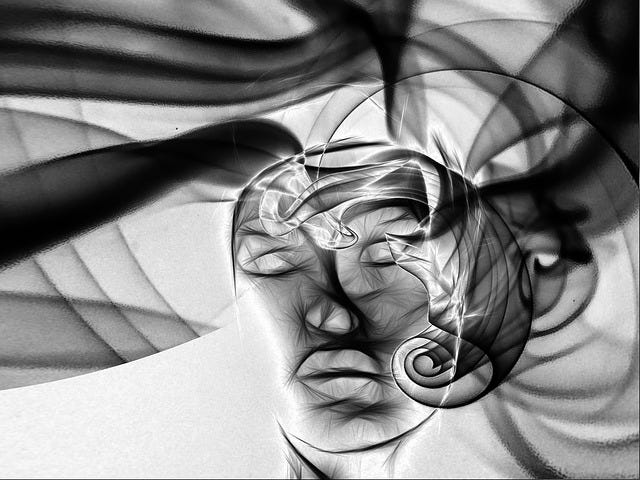Member-only story
How we must beat the ‘mind-virus’ to save our world

‘In its full-blown form, wetiko disease turns people into ghosts, demons, zombies, vampires and members of the living dead.’ Paul Levy
To Native Americans, ‘wetiko’ is a cannibalistic spirit capable of taking over people’s minds, subverting life’s purpose to selfishness, cupidity and acquisitiveness, undermining innate powers of creativity, and rendering the human race its own worst enemy.
In Wetiko: Healing the mind-virus that plagues our world (Inner Traditions / Sacred Planet, US $19.99 / UK £15, December, 2021), Paul Levy explores deeply the concept as it manifests itself under different guises in the teachings of the Kabbalah, Hawaiian Kahuna shamanism, Buddhism and mystical Christianity, as well as through esoterica and the wisdom traditions.
He discusses how artists, philosophers and spiritual practices through time have been ‘creatively symbolising this deadly pathogen of the psyche so as to help us see it and heal it’. To quote Bob Dylan, we find it blowing in the ‘idiot wind … from the Grand Coulee Dam to the Capitol’.
In particular, Levy reveals how visionary thinkers such as Carl Jung, whose depth psychology pervades Wetiko, the English philosopher and novelist Colin Wilson (see below), the Indian guru and poet Sri Aurobindo, the American science fiction author Philip K Dick, the Russian philosopher and theologian Nicolas Berdyaev, and the French historian and philosopher Rene Girard have referred to wetiko in their own special ways.
Topically and cogently, Levy, a practitioner of Tibetan Buddhism, examines wetiko also in the context of the coronavirus crisis (see below), arguing auspiciously that we can reorientate ourselves so as to appreciate positive lessons and opportunities offered by it.

Many different names can be given to wetiko: the antichrist, Satan, evil spirits, demonic forces, the Gnostic Archon, and perhaps most applicably, the Jungian Shadow, the dark side of the human psyche, which is the root of the wetiko disease, says Levy: whatever it is we call it, it exists in the collective unconscious of humanity.
